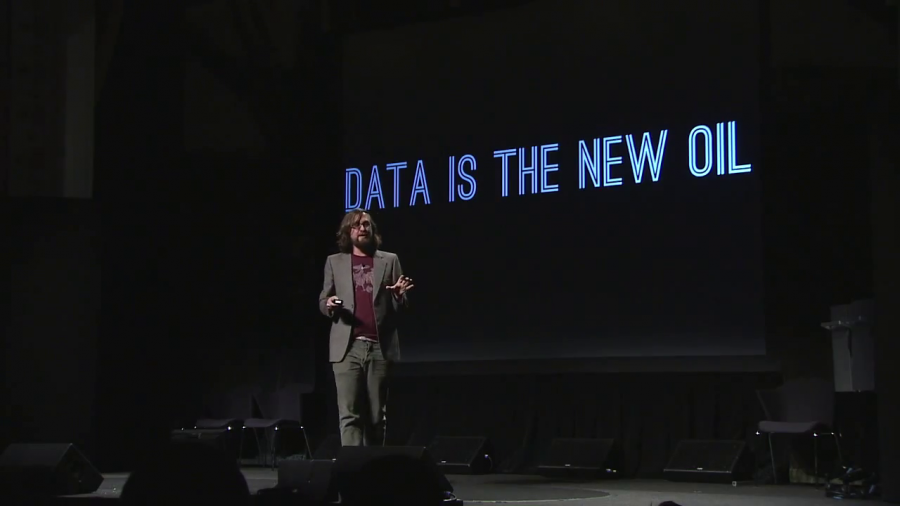Much of economics and public policy rests on the assumption that increasing the wealth of individuals and nations provides a route to increasing their wellbeing. So why does money fail us?
PopTech

Happiness and Money
presented by Elizabeth Dunn
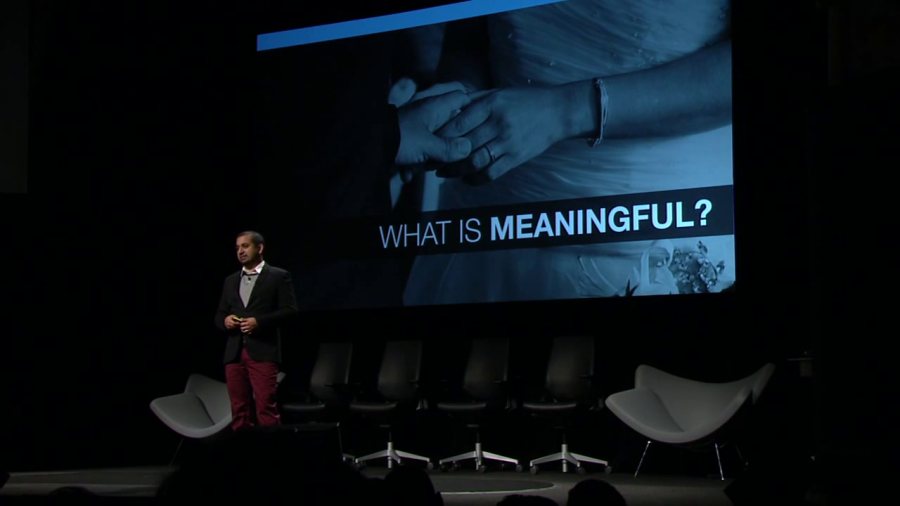
Holding To Account
presented by Anil Dash
I’m glad those social networks provide those services. I think it’s important for the dialogue to happen that way. But it can’t be the only way for us to have public discourse. Online, we only have these spaces that are owned by private companies. We don’t have public parks.
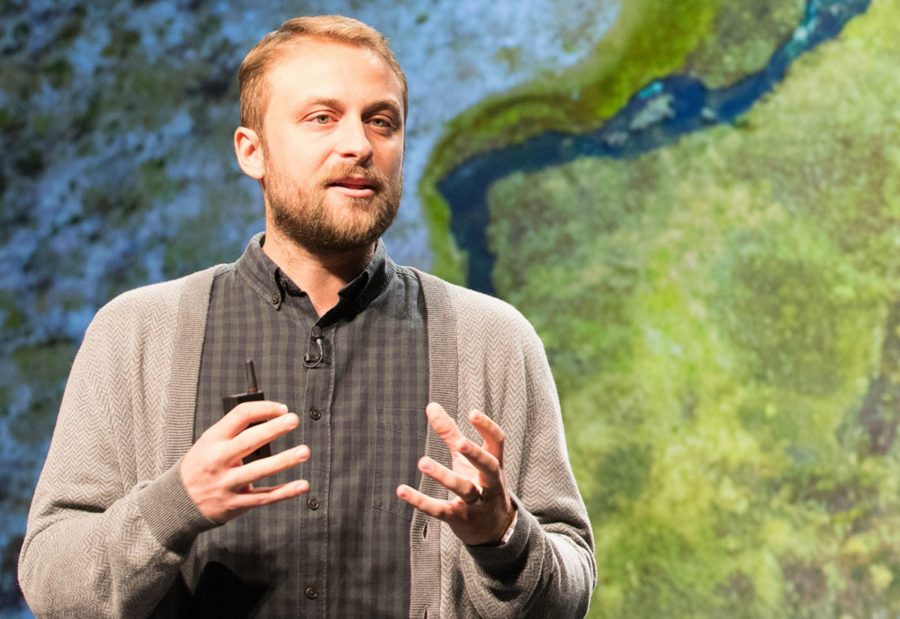
Making Conservation Proactive
presented by Shah Selbe
We’re living in this amazing time. The speed of innovation has created technologies that have literally reimagined industry after industry. Technology has improved almost every tool that we use on a daily basis, and it’s time to start bringing this technology to use for good.
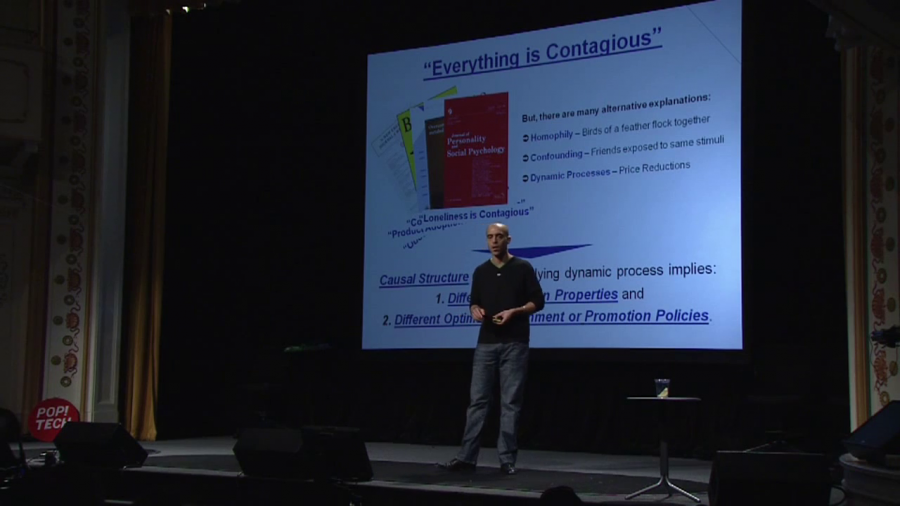
Social Contagion
presented by Sinan Aral
The reason that I am interested in behavioral contagions is that I firmly believe that if we can understand how behaviors spread in a social network and thus in a population from person to person to person to person, that we could potentially promote behaviors like…condom use, or tolerance.
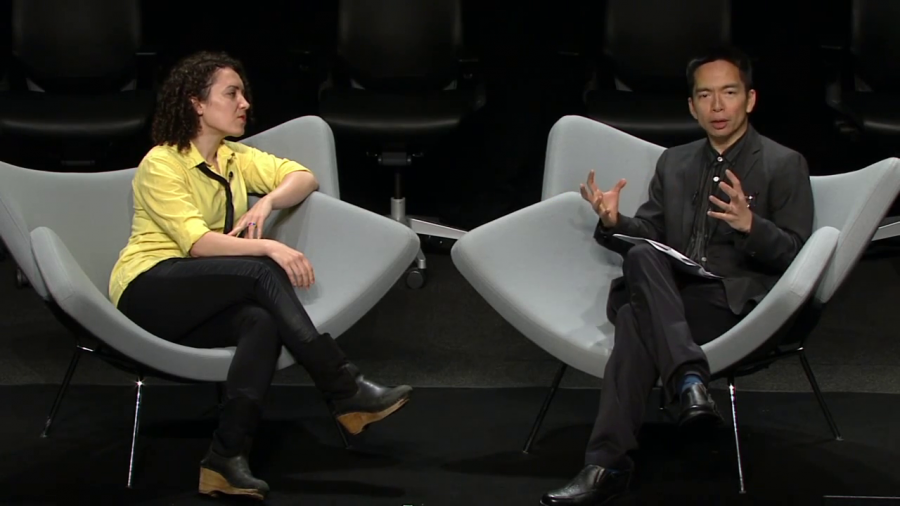
Maria Popova with John Maeda at PopTech 2014
presented by John Maeda, Maria Popova
I think reading and writing are really two forms of the same act, which is a discourse with one’s own mind, and ideally a discourse with another mind. As a reader it’s the author’s, and as a writer it’s the reader’s, you know. But the two sort of feed into each other, and for me writing is just and record of my own becoming.

Studying Harm
presented by Fiery Cushman
One of the most recent paradigms that we’ve used to try to get this under experimental control is to ask people to act out pretend harmful actions. So for instance, we’ll give them a disabled handgun. We’ll show them that it’s fake. That it couldn’t possibly harm a fly. We put it in their hands and then we ask them to shoot us in the head.
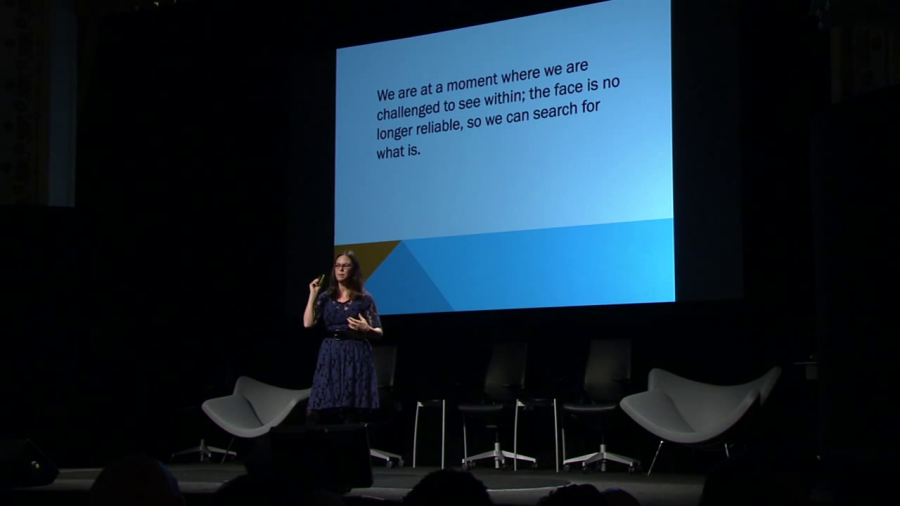
Our Faces
presented by Sharrona Pearl
The French philosopher Immanuel Levinas has taught us that it is through our interactions with the face of somebody else, it is through encountering the face of another, that our responsibilities to someone else arise. You cannot look at somebody else, truly look at them, and then walk away without having some kind of sense of a relationship towards that person. But what if the other has no face? What then? Or what if the face of the other is actually the face of another person entirely?
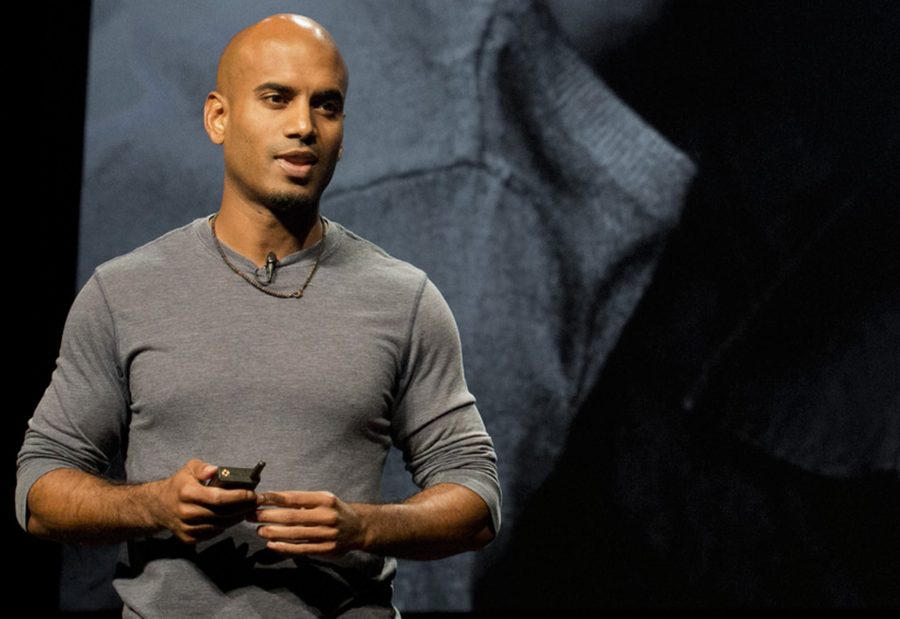
1,862 Fewer Years in Prison
presented by Raj Jayadev
We make the family an essential and effective part of the defense team, so they could change the outcome of cases and transform the landscape of power in the court system.

Slow Rebellion
presented by Erin McKean
If we think that the rebellion changes the world, does it really matter what the time scale is? It doesn’t have to be an overnight overthrow. It can be the steady remaking of the world through pure force of conviction, like water wearing away stone. We have slow food, we have slow fashion, why can’t we have slow rebellion?

